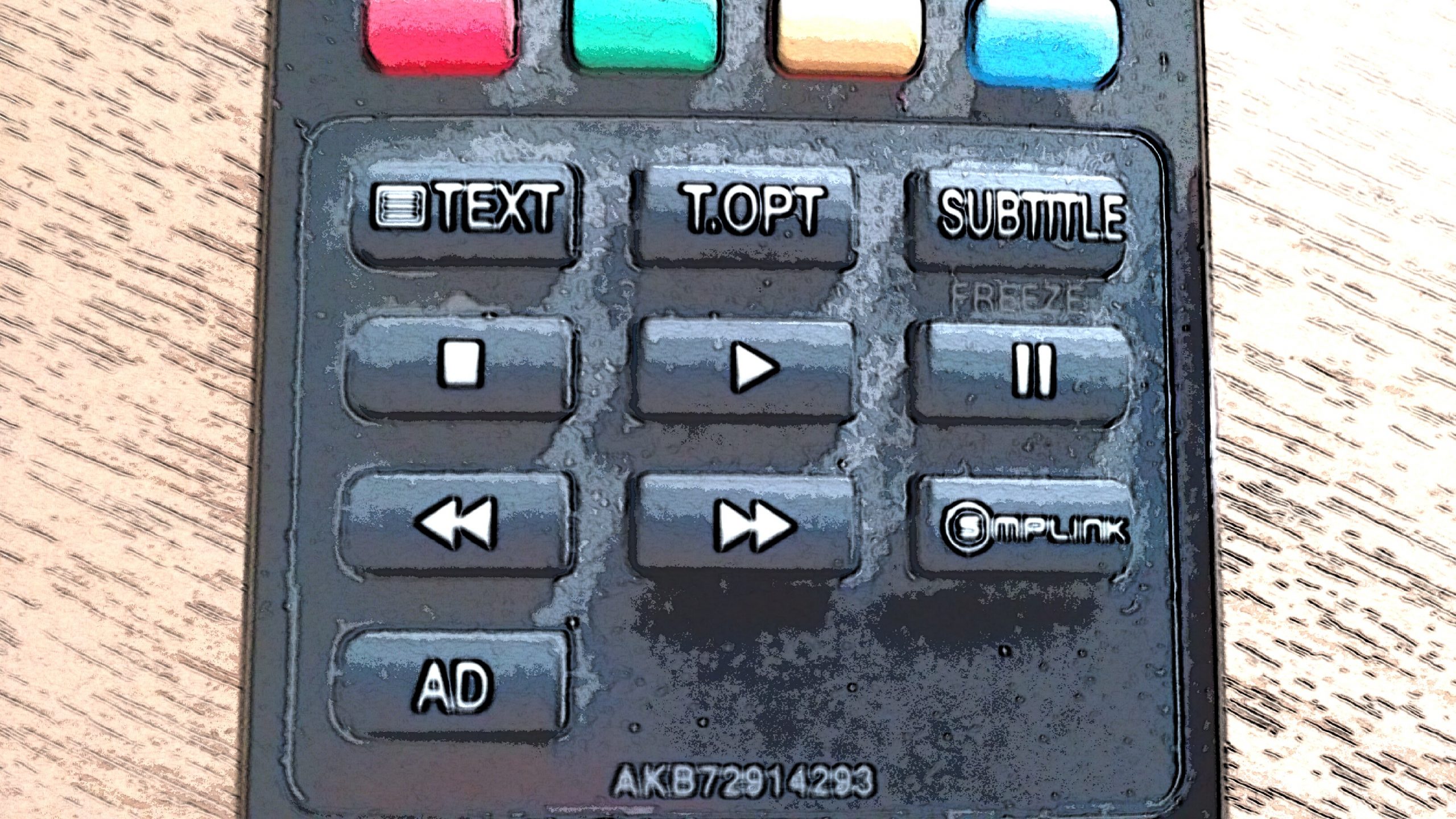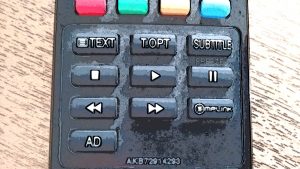Could there be a small number of people for whom there is a pause or a reversal in their disease progression? A talk at the Symposium on Friday afternoon from Dr Rick Bedlack (Duke University) looked into this very topic.
There have been few studies looking into the changing nature of motor neurone disease (MND) progression, so it is unknown how common this is.
This pause or reversal phenomenon in their MND or amyotrophic lateral sclerosis (ALS) is reliant on data from validated outcome measures such as Amyotrophic Lateral Sclerosis Functional Rating Scale (ALSFRS-R) scores.
ALSFRS-R scores, what are these?
On a routine visit to clinic the doctor may ask you questions about how you’ve been, can you walk fine, dress yourself, and ask about how your breathing has been. A way of recording the answers to these questions is in a chart called the ALSFRS-R, where each activity is rated and scored.
This ALSFRS-R score is used to look for signs of benefit in clinical trials. However, changes to ALSFRS-R scores are sometimes interpreted as evidence of a treatment being effective, but could this be a naturally occurring change?
Studying changes in MND progression
Dr Rick Bedlack and his team first identified a case of an MND reversal whilst writing and researching an ALS Untangled review on the topic of energy healing. So far they have identified 21 further examples from scientific literature or the internet of what could be termed MND plateaus or reversals.
A team from Duke University, Durham VA Medical Centre, Patients Like Me and Massachusetts General Hospital have now looked at the data from a large number of participants in MND clinical trials (via the PRO-ACT database).
By looking at each person’s ALSFRS-R scores they could work out if there had been a plateau or a reversal in their MND. Plateaus were classified as periods where the scores did not change, and reversals as periods where the scores improved.
The group found that small reversals in a person’s MND progression were common, particularly over a shorter time period (less than 6 months).
But they also found that longer, sustained reversals (lasting over 12 months) were rare.
In total they looked at changes in ALSFRS-R scores over 3 different time periods:
Over a six month period, 25% of 3132 participants did not decline – so they saw a pause or slowing in their MND progression.
Over a 12 month period, 16% of 2105 participants did not decline. Over an 18 month period, 7% of 1218 participants did not decline.
What could explain these plateaus or reversals?
There is a possibility that they could be explained by misdiagnosis, and that these people could actually have an antibody-mediated MND disease mimic. These individuals could be using an undocumented treatment that is working to help slow their MND progression, or they could have a specific form or variant of MND that give them resistance to the large scale neurone degeneration that normally occurs in MND.
Interpreting pauses or reversals in MND as treatment effect?
Interestingly the group found that plateaus and reversals occurred in people who had been receiving placebo ‘treatments’ and in those allocated the drug being tested.
Therefore it raises an important question of whether stability in someone’s ASLFRS-R scores, a common way of measuring treatment effect and monitoring disease progression, should be used as evidence for a MND treatment effect. The results from this study suggest it might not be the best method.
Could it be down to other drugs or treatments the person was taking? When taking part in clinical trials, people who are taking drugs known to interact with the trial drug are usually excluded from the trial. For those taking unproven off-label treatments then they also may not be able to take part in the trial. Therefore it is unlikely pauses or reversals in MND could be down to one of these two factors.
It is also worth taking into account that progression measures such as ALSFRS-R scores may not be most accurate to test motor neurone loss. This is why we need biomarkers to help track progression of MND.
Next steps
The demographic of people taking part in MND trials are different from those who do not, so it is hard to say whether the group’s findings can be extrapolated to people who have MND that are not in trials. Further study on different groups of people will help establish just how common pauses or reversals in MND progression are.
Rick Bedlack announced that his team at Duke University were going to study this phenomenon further. Firstly they have worked out a definition for an MND plateau or reversal, and are using the definition of showing a 4 point improvement in the ALSFRS-R scores over a period of at least 12 months.
‘This measure needed to be biologically meaningful and robust enough to identify any possible reversals, but not too specific to result in none being identified at all‘, explained Rick Bedlack.
Clearly the more information researchers can get from people who have experienced pauses or reversals in their MND, means they will have more information on why they might be happening. It could be that these people have specific gene variants that influence how fast motor neurones die, or a gene variant that protects parts of neurones from neuronal stress or toxic chemicals.
More information
Rick Bedlack’s research on MND reversals website
Journal paper on this research
Patients Like Me website








Hi Sara, I thought you might be interested in my experience with MND as it relates to the above article “Can the progression of MND pause or reverse?”. I was diagnosed with MND in June 2007 with symptoms probably present 12 months before that. Clearly I am still alive & kicking. Following my diagnosis I continued working as a clinical psychologist and living independently for the next seven years. In 2014 I moved to live with my parents and over that time family, friends, carers and my medical people (including palliative care nurse & neurologist) have all noted at various times that the progression of my MND, both clinically & functionally, appears to have plateaued. I myself would agree although there have been additional yet small changes in my speech and how quickly I fatigue. There have been no significant changes in what I am able to eat, I can still self transfer with assistance, stand for showering and have enough function in my right hand to operate my wheelchair and computer mouse. I can still hold a conversation and while not always perfectly clear, once people “get their ear in” as it were, I am still intelligible. I am currently using dictation software to write this email. Clinically my lung function is not good (I believe it’s in the severely compromised range) but it has remained stable for the last two years. While I need to pause when talking I do not have periods of breathlessness and appear to have enough puff for my day-to-day activities. My general health is good apart from one thing. While my plan was to stick around long enough for an effective MND treatment, the universe clearly had other ideas and I am currently having treatment for breast cancer with bone secondaries. The upside, yes there is an upside, is that having spent 13 years with MND I’ve already worked through and accepted a lot of living and dying issues, have supports in place and have already adapted to various daily living limitations. Because of this I have kind of hit the ground running with this one. My neurologist sees no reason why I shouldn’t have treatment as he thinks, based on my MND progression so far that I’ve got a lot more life in me yet. We shall see. As the article you wrote was presented was in 2015, this email may not relate to your current focus however I thought it was worth contacting you and maybe adding something to current knowledge. Cheers, Louise